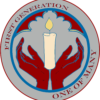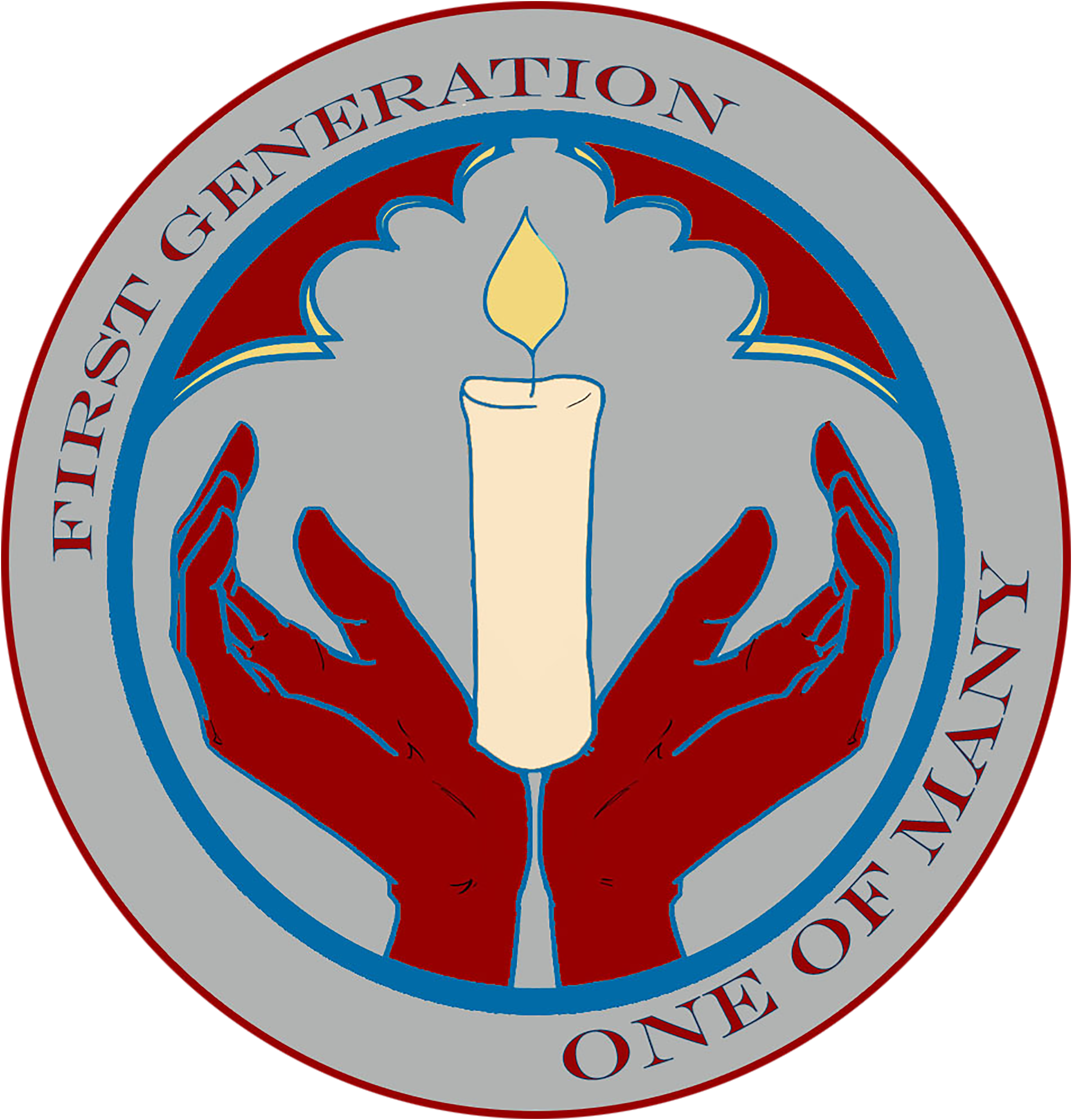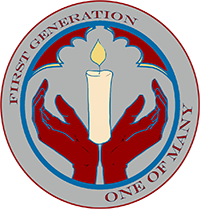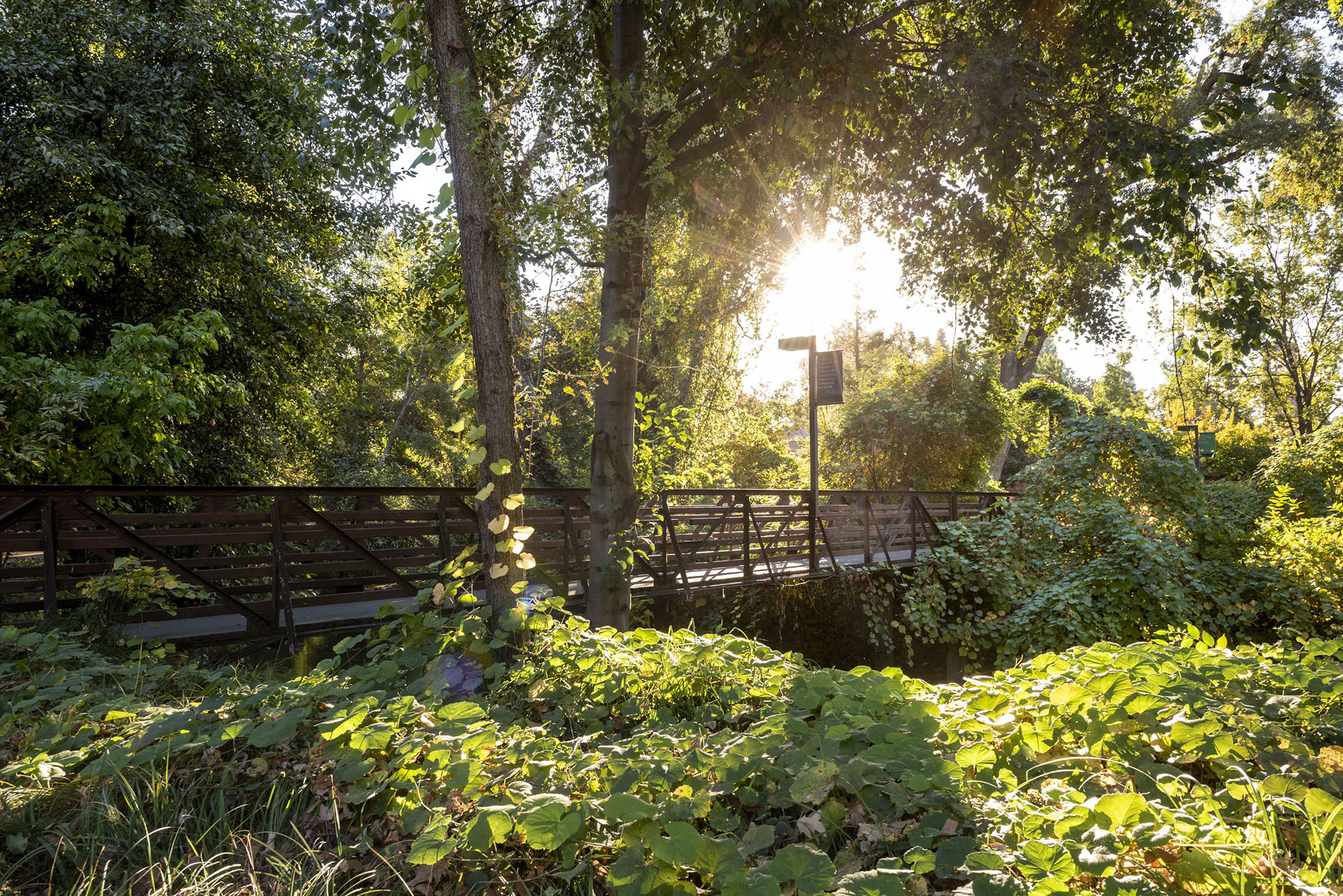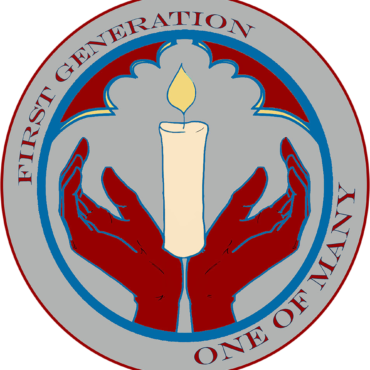
Chico Student Success Center (CSSC) REACH Program
Time: 26:33
SUMMARY KEYWORDS
students, chico state, reach, mentees, peer mentor, campus, darnell, jessica, program, angelica, ricky, year, helping, support, chico, virtual environment, first generation college, today, faculty mentor, guests
SPEAKERS
Enrique ‘Ricky’ Galvan, He-Lo Ramirez, joshuah whittinghill, Teresa Hernandez, Darnell Lee, Angelica Haro, Introduction Music, Jessica Dietrich
He-Lo Ramirez 00:01
Heytanayem nikki yam sa He-Lo nikki Mechoopda Maidu. Hello everyone. My name is He-Lo and I’m a Mechoopda Maidu. We acknowledge and are mindful that Chico State stands on lands that were originally occupied by the first people in this area, the Mechoopda. And we recognize their distinctive spiritual relationship with this land and the waters that run through campus. We are humbled that our campus resides upon sacred lands that have sustained the Mechoopda people for centuries, and continue to do so today.
Introduction Music 00:27
Introduction Music
Teresa Hernandez 01:12
I’m super excited to have you all joining us today. So to our listeners, again, as a reminder, you’re tuning in to our podcast first generation one of many. Our mission is to create an archive of discussions with and about first generation student experiences in and out of the classroom. We hope to continue raising awareness and understanding provide voice for students and alum as well as present resources for faculty, staff and students working for and collaborating with first generation students. Super excited to have you guys here. And of course, I cannot be doing this alone. I want to introduce my co host joshuah whittinghill. Hey, Josh.
joshuah whittinghill 01:48
Hi, Teresa. Thanks for thanks for joining me again, I’m glad to be here with you as usual. Look at that we have we have four wonderful guests. today. They’re all getting all primped and styled and ready even though we don’t use video, but they do look amazingly happy to be here, which is great. And rolling into our point five minisodes and providing some more access to a resource at the on the campus of CSU Chico. So one of our guests provided us with a quote for today. So our quote for today is nice and to the point. And they in the program, they use it with their students to kind of help with focusing goals and really supporting students to see that reaching out and asking for help is not a sign of weakness. So this quote that they do use and like is from Cesar Chavez, you are never strong enough that you don’t need help. Bam, see, right to the point. That’s it. And all of us do a lot of work with first generation students. And we know from data research over the years that is one of the areas that first generation students often say they work to navigate and get better at is asking for help. All right, we’re joined by four wonderful guests today and we’re going to introduce all of them now. Our first guest is Jessica Dietrich. Jessica is a first generation college graduate and a proud alumna of Chico State. She earned her undergraduate and graduate degrees in public administration, and has been working professionally as a staff member for 13 years. For the last four years. She’s had the privilege of working for the Chico Student Success Center as the reach program coordinator. Reach is a peer mentoring program aimed at helping support first gen students in their transition from high school to college. The best part of her job is helping Reacher’s see and reach their potential as they navigate college. Seeing the growth and change from first year to senior year is truly amazing. And she feels lucky to be part of the journey. Welcome, Jessica. Thanks for being here.
Jessica Dietrich 03:58
Thanks, Josh. Thanks, Teresa for having me. Glad to be here.
joshuah whittinghill 04:01
Yes, it is great to see you. And I was I was sharing with Jessica right before we recorded. I ended up in her neighborhood quite a bit because one of my son’s friends is over there. So I get to see Jessica’s house and car but I’ve never seen her out yet because it is winter and cold and stuff like that. So we used to see each other on the porch once in a while we’d wave over there. So yeah, great having you Jessica.
Jessica Dietrich 04:23
Yeah, thank you.
joshuah whittinghill 04:25
Okay, and our our next guest just wanted to share a quote to inspire the listeners. And he also works in the Chico Student Success Center here on campus at Chico State. He says Don’t let your vision be blocked by your circumstances. That’s from Darnell Lee. Thanks, Darnell, for being here.
Darnell Lee 04:44
Thank you. Just great to be here. Appreciate you. Thank you for having me.
joshuah whittinghill 04:49
Yeah, I think for I know for me, this is one of my first times since we’ve been remote to see you and in person and talk or not in person, but to see you visually and actually talk a little bit and I know All right before we did this, you’ve been over in this CSSC for a little bit. But how long have you been there now?
Darnell Lee 05:06
I’m going on my MA, it’ll be my third year. I’ve been on campus for about 15 years. So right. enjoy working with the students. It’s been about three years.
joshuah whittinghill 05:15
Excellent, good, good. And Jessica, how about you forgot to ask How long have you been in the?
Jessica Dietrich 05:21
Yeah, in March, it will be four years for me in this CSSC and about 13-14 years on campus kind of losing my track.
joshuah whittinghill 05:30
Yeah. Great. Great. Yeah. And, and we keep throwing this out there. We probably should have done it a while ago at this point that our episode today of course, then is going to be with guests from the Chico Student Success Center or as you’ve heard the CSSC
Teresa Hernandez 05:46
and it’s my pleasure to introduce our next guest, Angelica Haro. Angelica is a first generation college student from Half Moon Bay, California. She is currently enrolled in the final semester of the nursing program at CSU Chico. Her long term goal is to eventually work as a critical care nurse and further education to become a nurse practitioner. She has been working for the CSSC reach program as data collections and processing analyst for the past year and a half. It was a peer mentor in the program for two years prior. Hi, Angelica. Welcome.
Angelica Haro 06:18
Thank you. Thank you so much for having us. I know we really appreciate being able to talk a little bit about the program and what reached does.
Teresa Hernandez 06:28
All right, and our next guest I would also like to introduce Enrique Ricky Galvan, who most of his friends called Ricky and he is from Gridley, California, a small town, 30 minutes south of Chico. He is a first generation college student who graduated last year with a bachelor’s in psychology and a minor in sociology. He is currently in his second year as a master’s student in the social science program with an option and career in life planning. After he earned his master’s degree, he would love to be an advisor or counselor to help students who come from first generation and underrepresented communities just like himself. Hey, Ricky pleasure having you back.
Enrique ‘Ricky’ Galvan 07:01
Hello, everyone. Really happy to be back on the podcast. Super fun last time, I’m sure it’ll be super great this time too.
joshuah whittinghill 07:08
Yeah, if you didn’t recognize his voice, if you listen to Ricky was one of our guests on episode four talking about civic engagement. And so I said Welcome back. And, and I obviously left something off a minute ago, we’re not just here talking about the Chico Student Success Center, we are more specifically going to talk about a program inside of the Chico Student Success Center called reach. So maybe we should go to that question. We’ll do that first. What is reach?
Jessica Dietrich 07:40
Sure, yeah, reach is a formal peer mentoring program within the CSSC. As you just indicated, Josh, and you know, when it was first created six years ago, this is our sixth full year of the program. It started out as an acronym reach, raising educational achievements in there’s no either, but we put a little in there, collaborative hubs. Okay, so that’s what reach stands for and and stood for and still stands for. Nowadays, though, we really just call it reach. I don’t know that most of the students in the program know the acronym. But essentially, the idea behind our program is to help support first generation and or Pell eligible students with their transition from high school to college. So yeah, that’s what we do. Each year, we support about 150 to 170, 1st year students. And we do that by putting them in small groups, who are then those small groups are then supported by both a peer mentor, which is a current student of ours, most of which now for products have reached themselves. So they started out as mentees in the program. So it’s neat to see that they are now working for us as mentors. And then each group also gets supported by a faculty mentor, which is a professor on campus. And we have faculty mentors represented from all different disciplines across the campus.
Teresa Hernandez 09:05
Awesome, perfect. Thank you for that. And definitely want our listeners to know exactly what reaches and who we’re talking to. And so because we have such amazing guests on the minisode today, can you all go ahead and introduce yourself your role on campus and what exactly it is that you do within the reach program?
Jessica Dietrich 09:25
Sure, I can begin my name is Jessica Dietrich, and I am the coordinator of the program. So overseeing all the different components of the program from the peer and faculty mentors who I just shared, provide the support to our students directly. I also serve as an advisor to the first year mentees, so I’m working a lot directly with them and helping them pursue their goals and make sure they’re in the right classes and all those things. And then we have a class that all of our students are enrolled in within the reach program and so I oversee the creation of that course syllabus and All the different activities and workshops and such that we provide during that class time.
joshuah whittinghill 10:09
Yeah, Darnell, that’s great. What’s your role in the office there?
Darnell Lee 10:13
Hello, again, Darnell Lee, my role is in the offices usually do a lot of the retention work that comes with students, like as far as going into csse. But I’m transitioning into reaching out. So basically, what I do is make sure that everybody gets help on a holistic approach about, you know, financial aid. Let’s see the Career Center, even EOP, just to help them be a bridge and help them through their academics as well. So my main focus is academics. But I also come about help you with everything else was like networking, networking skills, and things of those things that you might need when you get through your academic journey. Is that good?
joshuah whittinghill 10:57
that sounds great. If that’s what you think you do, then that’s wonderful. Right? And I know, one thing, one thing that’s really great is we also get to work with a lot of common students, you know, that we have in common with different reasons, whether it’s through a class or through the programs we work in, and a number of students, Darnell and I have been able to kind of bounce ideas back and forth, or they’ll ask him something, and they’ll come over and ask me something or whatever it might be. So that’s, that’s been a nice thing. So he, he does more than even what he said, from what some of the students share how he supports them, and helps them you know, to not just feel like they fit in but, but to know that they can be successful, and that they are highly, highly capable of achieving not just their goals, but goals they didn’t even realize they could achieve, which is great. All right, Angelica, what do you get to do?
Angelica Haro 11:55
Oh, hi, everyone. My name is Angelica once again. And so my official role in reach is data collections and processing analyst. So what I do is I, I’m kind of more on behind the scenes. So I look into attendance. Our mentee attendance and their goals, I helped with Office duties in the office any like data collecting that we have to do at the beginning of the semester. I also help with recruiting before summer begins. And so that’s the whole process we all go through. I was a peer mentor for reach two years. And then I’ve been an analyst for the past year and a half. And so I was actually also a mentee myself in 2015. And so yeah, I’ve been around for a while now and I really enjoy being here. Yes.
Teresa Hernandez 13:02
Welcome being here today.
Angelica Haro 13:04
Thank you.
Teresa Hernandez 13:06
All right, and to our returner Enrique or Ricky Can you please let us know what your rolling reaches.
Enrique ‘Ricky’ Galvan 13:12
Hello everyone again. So like Angelica, I was a peer mentor in the past. I was a peer mentor for three years. So we I helped to set up all the one on one meetings with all my mentees make sure they’re all doing good with their well being and with grades and everything, answering the questions. I also helped with the social events that we would do when we were in person like going to the pumpkin patch, getting dinner in downtown, showing the mentees a local Chico Chico areas. And I’m also working alongside Jessica just to keep her informed and updated about any mentees questions or concerns that I didn’t feel comfortable handling. But now I currently work as the graduate student assistant. So I’ll work very closely alongside Jessica and Angelica to help figure out no virtual events for all the mentees to talk to the current peer mentors and help to guide them. give them advice. Any questions they have they come to me for that too. also helping with like setting up surveys like Angelica says recruiting as well. Our phone call campaign that we do. So yeah, just helping out alongside Jessica, Darnell and Angelica within the center.
Teresa Hernandez 14:15
Perfect. Thank you for that awesome. Uh, you all do amazing work from what it sounds like. And I know our listeners are probably a lot way curious as to exactly what it is that reach does is that can we get an overview of what what the program reaches and offers our students?
Jessica Dietrich 14:34
Yeah, sure. So our program, essentially is designed to help our students with a transition from high school to college. So as we know, for any student, that’s a big transition, right, one day, your high school senior and then the next day, you’re supposed to know how to go to college. And that’s not so easy, especially for our first gen population. Right. And so, essentially, our goal is to help these students Navigate all that is college, which is a lot to figure out for anyone, again for our population even more difficult. And so we help in that navigation by putting them in small groups, which we call hubs. It’s the CH of the acronym of reach, right, collaborative hubs. And so traditionally, we have about 16 hubs each year. And each hub shares a peer and faculty mentor. And again, the idea is that during this first year, they’re enrolled in our program. And in our class, we have a university 199 class that our peer mentors and faculty facilitate together. And during the class, we’re helping them again, learn how to navigate what is college, how to be a successful college student, we help them in developing allies across campus from other students, and making sure that they can kind of find their, you know, their group of people that they feel comfortable in that they can help build a community for themselves on campus and in the Chico, larger Chico community. And then getting them connected to all the various resources that are available. And that’s really key. And then another, I would say a big part is helping them identify their own goals. So rather than us trying to say, we think you should do this, or have you thought about that, you know, yes, we have those conversations, but we want to ask them, What are their goals, and then we ask them to, to write those down. And we help track them on a regular basis, so that we can help identify ways to to get them to meet those goals and feel successful ultimately, at the end of the year. So reach is a first year program. But after the first year, they remain part of our center. And Darnell helps a lot with the retention efforts. And so they’re always connected in so although they just get that formal support with the mentors during year one, they know that you’re 2, 3, 4, 5 however long they’re with us, and that that we have their back along that whole journey, and that there’s a group of folks who are always looking out for them and are always there to help support them.
joshuah whittinghill 17:10
Oh, that’s, that’s great, as far as the long term work and how you’re helping support students and being there for them. And you mentioned, people that utilize reach are either first generation and or Pell eligible. And so, but a big question is, how do people access your service? Can I just wander in and say, Okay, I want to be part of reach. Count me in I qualify? I mean, how do we get how do students get to join that? Because I know, especially in this remote learning, the the more we can share that people know how they can access a service that might be there for them they didn’t even know existed would be great. So So how do you go about that?
Darnell Lee 17:50
Oh, where are you and find that for work? Well, we have online so obviously, we’re on virtual environment. Usually we’re in the SSC 370 in the mall right in the hall right across from AARP. But if you want to access us, there’s a couple ways where you can get you can get to the to the Chico State student accessor. Link sorry for those words. So if you go to www.csuchico.edu/cssc , there’s a, you click that link, there’s a link in the reach port in the tab inside the right hand side of the website. And either you can access it there or you can do the www.csuchico.edu/reach, and then it should pop up there as well. And then there’s some information in there as well. And usually, if you are getting, we usually are recruiting over the summer from right Jessica, right over the summer, through outreach with our students. So a lot of times we’re outreach to so if you hear this and you hear, get a number and ask about that. It’s a good program to get involved with if you desire. But that’s our inflammation. That good.
Teresa Hernandez 19:04
Perfect. Yeah, I know, we so shared with us previously, that we have some of the Chico State and faculty and staff members and who also work with high school students. So is there a connection with high school students or a way that if high school seniors right now or you know, future seniors are listening, how they can get access to reach program at Chico State? Or what requirements would they need to be able to get access to it? They’re interested?
Jessica Dietrich 19:28
Yeah, and that’s exactly who we would love to target and we hope is listening because that’s, that’s the popular population we’re looking for would be current seniors or rising seniors. Because Ideally, we’d like them to apply for our program in the spring of their senior year. So what we do is, I work with partners on campus that I know are in the high school so Upward Bound and trio programs that are in front of high school students admissions and our partnership coordinator within our center who I know again is out there speaking high school students. And I’ll I’ll meet with them and work with them to help make sure that they’re also talking about our program when we’re when they’re out there speaking with their students. And so yeah, we open our application, generally in late April of each year. And again, that would be for high school seniors at that time would be their spring of their senior year to go out to our website and apply. It’s a free application to complete. And what we’re looking for, though, is we are, again, looking to target supporting first gen and or Pell eligible students. So if students feel that they fit either of those populations, then we’d love for them to apply. And the application would be up on our website that Darnell was just referring to in mid April of every year. And it stays open until the program is full, essentially, which is usually by early summer.
Teresa Hernandez 20:53
Perfect, thank you for that. So yeah, definitely, if you’re listening, and you’re a senior, your rising senior look out for the reach program, if you’re in the trio, or Upward Bound programs. Keep an eye out for for reach if you’re planning on attending Chico State. And if you have a question for Angelica and Ricky, you guys could both answer. So from a student perspective with working in, and I’m not too sure, because I’m also learning along with our listeners a little bit more about the reach program today for the first time, which is I’m super excited about. So if you were a part of the reach program, or maybe you had your opportunity to introduce with them through your employment, you want to talk a little bit about that experience or what you’ve gained from that program. If you were in it. We can start with Angelica if you don’t mind.
Angelica Haro 21:34
Yeah, of course. Um, so I leaving this. So I’m from halfmoon Bay, it’s a little small town in the Bay Area. And so leaving home for the first time and leaving, you know, friends behind family behind as a first generation college student. It was nerve racking. And I just, I don’t know, it was something that I never thought I would do really until the day came where I had to move into my dorm. And so I was nervous, I was scared about not being able to make friends. You know, all that, like, still teenage mindset, what if I don’t fit in? What if I like, don’t get good grades in college? How will I study and so going into reach as a mentee, I like constantly gained the support from like 12 other students who had the same mindset as me. And so we were there to support each other throughout the whole year. And that’s something else that’s really cool about this program is that it’s fall and spring semester. So throughout the year, the peer mentors really get to see the change that the mentees the growth, I would say the growth that the mentees go through. And in big becoming these like successful college students, you know, learning how to study, for example, is a huge one and learning how to make connections with people on campus going to advising and so I think this program really like pushed me to do that. And my peer mentor was there. Along the whole way I remember I would always text her and be like, hey, I need help, like, What do I do? And yeah, and I became friends with my hubs and with my hub. And so I thought it was like, it gave me that little push to be a successful college student.
Teresa Hernandez 23:44
Awesome. Thank you for that. And I really your perspective on that is important for students and current students to awesome.
joshuah whittinghill 24:01
Oh, we’re gonna have a big glitch there, your audio, your audio when you know that so it’s okay, I’ll just cut that. I’ll just cut that I can just cut that part off. If you don’t have to repeat it. Don’t worry about it. That’s okay. Okay, so I put Ricky’s recommendation into there. So I’m going to because I have a student meeting that was gonna, they were gonna come in about 2:10. But they’ve popped in now the waiting room twice, but they keep disappearing. So I’m not sure if they’re having connection issues. But we’ll go ahead and move right into any recommendations. If you all have any more if it’s just going to be what Ricky had, then we can go with that. But if you want him to do anything, like I said, we’ll do that real fast. And then Theresa will take us out and say thank you and goodbye at that point. Okay. All right. So let me Alright, unfortunately we’re getting close to end on time. And I want to then ask, Do any of you have any recommendations you’d like to share with the listeners?
Enrique ‘Ricky’ Galvan 25:11
Yeah, I have a recommendation for any students who are interested in the reach program and what we do in the virtual environment and in the non virtual environment. And I highly recommend you check out our reach Instagram page @reach_chico_state is ran by me and Angelica and we post a bunch of informational stuff on their story like reposting from other organizations on campus about, you know, like, events going on ways to get support around campus or in a virtual environment to Yeah, in our other posts, have pictures and bios of all of our mentors. And they kind of share what’s special to them and Chico State. So I just think it’s a really good resource to look into to get familiar with it in a virtual environment.
joshuah whittinghill 25:54
Yeah, thanks to that one.
Teresa Hernandez 25:55
Thank you, Ricky. All right. Well, thank you all so much for joining us today. And this is just a little teaser of what the reach program does. So if you’re interested in we pique your interest, please go ahead and access the resources that we have on our website and show notes for the podcast so that we have direct information. If you have questions, you can reach out to any one of our amazing guests today. Thank you all for joining me for joining us today. Jessica Darnell, Angelica and Enrique. Thank you for your time. And thank you to our listeners for taking time to listening and I hope you’ll have a good rest of your day or evening. Bye!
Jessica Dietrich 26:27
thanks so much for having us. Take care everyone.
Enrique ‘Ricky’ Galvan 26:29
Thank you.
joshuah whittinghill 26:30
Hi, everybody.


